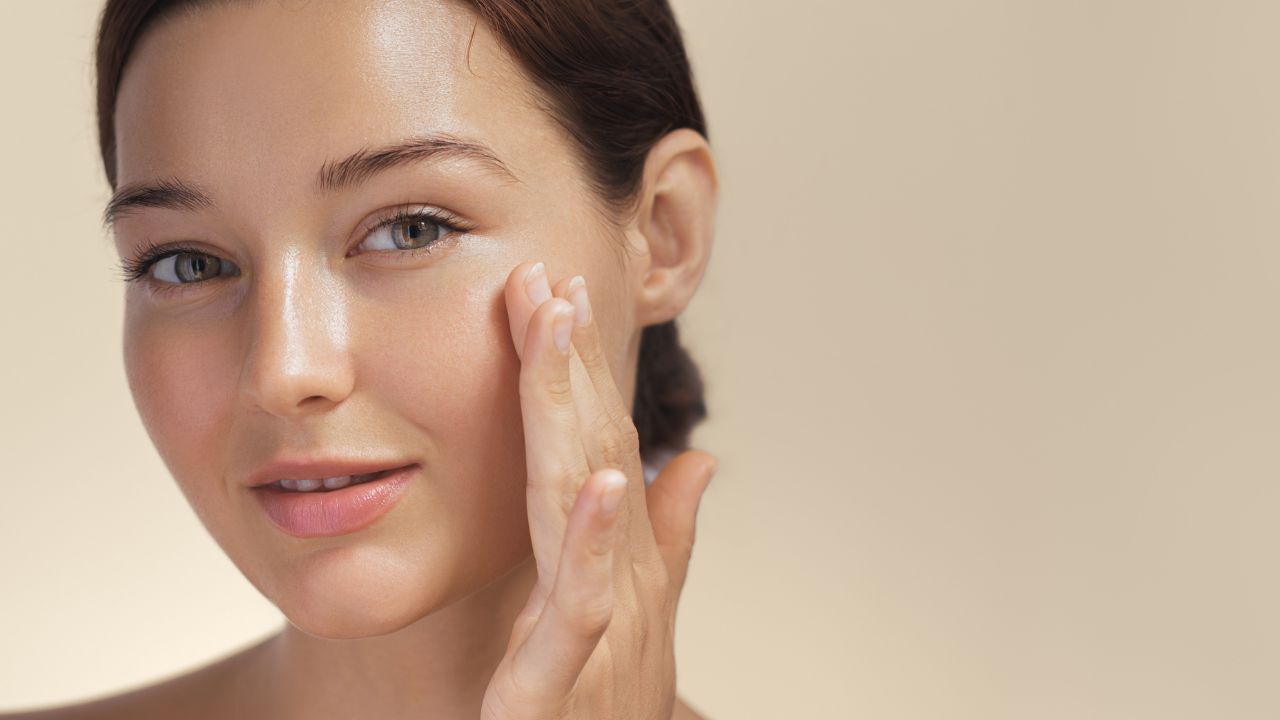If you've ever stood in the skincare aisle thinking, "Do I have dry or oily skin?" you're not alone. Understanding your skin type first is key to finding products that actually work. From moisture-deprived cheeks to midday shine, knowing what your skin is trying to tell you can transform your routine. Let's explore how to know if you have oily or dry skin and what to do about it.
Spotting the signs — do I have dry or oily skin?
Your skin type is determined by how much natural oil (sebum) your skin produces. Dry skin often feels tight, rough, or flaky, especially in cooler months, while oily skin usually looks shiny in the T-zone, feels greasy by midday, and is more prone to blackheads, breakouts, and enlarged pores.
Still not sure? Try this simple blotting paper test:
Gently press a tissue to various parts of your face.
If it picks up oil across most areas, your skin is oily.
If the tissue is clean, you likely have dry skin.
If only your T-zone shows oil, you likely have combination skin.
Skin types can change over time due to age, weather, hormones, or skincare habits, so it's a good idea to check your skin every few months.
What causes dry skin
Dry skin lacks the natural oils needed to keep moisture locked in. This can be due to genetics, aging, cold weather, or overly harsh products. In the US, it's especially common during colder months or in dry climates like the Southwest. Indoor heating, long hot showers, and alcohol-based toners can make it worse.
What causes oily skin
Oily skin is the result of overactive sebaceous glands. Hormonal changes, humid environments (hello, Florida summers), and comedogenic makeup that clogs pores can all contribute to more oil production and acne. It's more common in teens and young adults, but anyone can experience it, especially during stressful times.
Skincare routine for dry skin
If your skin feels parched or sensitive, a replenishing, gentle routine is key:
Cleanse with care — Use a creamy, oil- or water-based cleanser that doesn't strip your skin of its natural moisture.
Hydrate deeply — Apply a serum with hyaluronic acid and vitamin B5 to help attract and hold moisture.
Moisturize generously — Choose a rich moisturizer with ingredients like shea butter and ceramides.
Add extra nourishment —Strengthen your skin barrier with other skin-loving products packed with vitamins A, C, and E.
Skincare routine for oily skin
The goal with oily skin isn't to eliminate oil but to balance it:
Choose a lightweight cleanser — Avoid harsh scrubs. Opt for gel or foaming cleansers with salicylic acid or niacinamide.
Use oil-balancing products — Serums and lotions with ingredients like zinc and vitamin B3 help to reduce shine without overdrying.
Don't skip moisturizer — Go for non-comedogenic formulas with a matte finish to hydrate without clogging pores.
Exfoliate mindfully — Use BHAs like salicylic acid once or twice weekly to help clear pores without irritating skin.
What if you have combination skin?
Many Americans fall into the combination skin category, especially in transitional seasons. You may notice a shiny T-zone but drier cheeks or see changes as the weather shifts from humid to dry.
Here's how to manage it:
Use targeted products — Apply mattifying serums to oily zones and hydrating ones to drier areas.
Layer moisturizers — A lightweight all-over moisturizer with richer cream on problem spots works well.
Balance exfoliation — Limit strong acids to oilier parts of your face and avoid over-exfoliating sensitive areas.
The bottom line — dry skin vs. oily skin is more than just labels
Knowing your skin type helps you avoid trial and error with products that don't work. Whether you're managing dryness during a Boston winter or keeping shine under control in Houston heat, Dp Dermaceuticals can help. Explore targeted skincare solutions created to match your skin's needs today.
Still unsure? Take the DermapenWorld skin quiz
If you're still wondering how to know if you have oily or dry skin, one of the fastest ways to get clarity is to take our skin quiz. It's tailored to your individual skin needs and will recommend the right Dp Dermaceuticals regimen for you.



